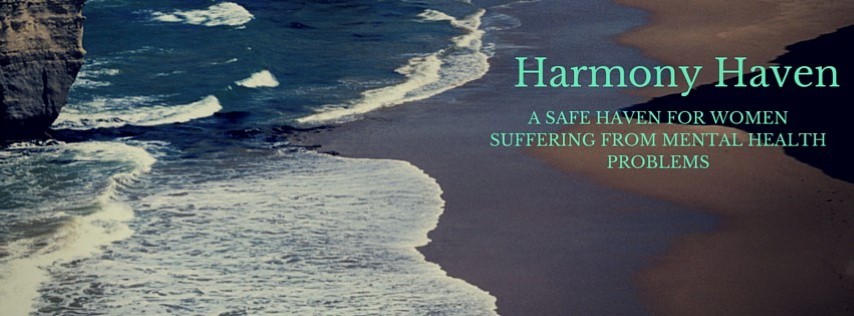With hindsight ...........
Although with hindsight it is felt that mental health issues stem from a turbulant childhood ( involoving social services, adoption aged 6 and divorce of my adopted parents aged 15) , my problems did not really become apparent until a pretty severe bout of post natal depression that was left untreated.
My son Freddy was born in the UK in June 2000 and we returned to France in the July. Living in a very isolated spot, renovating our home and caring for a new born – I knew I didn't 'feel right' despite visting the UK to see the health visitor in the autumn of that year.
I continued struggling, even getting worse as my then husband would constantly emotionally abuse me, for 6 years. In 2006 I finally saw a médecin generaliste, who prescibed anti depressants and anti anxiety medication. Sadly 2 weeks later, and still receiving a lot of abuse from my husband including that I was obliged to stay with him as I would never be able to make a go of things on my own in France, I reached rock bottom and saw no way out. I overdosed on the prescribed medication and found myself at the urgences departement.
Although it didn't seem like it at the time, the fact my husband filed for divorce the next day and I was not able to 'go home' was a blessing in disguise. Whilst awaiting a place with the CHRS (centre d'herbergement et reinsertion sociale ) I was sent to a psychiatric hospital . With specialist doctors on hand, my diagnosis of severe depression and anxiety was made and measure taken for a continued aid once I left the hospital.
For 10 years now I have been seeing the equivelent of a cpn and a pyshciatrist at the CMP (centre médico psychologique ) . There have been ups and downs, good times, bad times. Following a miscarriage in 2010, the diagnosis of Bipolar Disorder was made and a year later Post Traumatic Stress Disorder.
The continued aid from the CMP have helped me learn that I will never be 'better' but that I can live with these illnesses. I am currently coping without medication but I have learnt to see the signs of a 'down' cycle and when I need to ask for extra help and not to be ashamed of needing medication.
Suffering from mental illness can be very frightening and alienating – having been a member of a facebook group for mothers suffering from mental health issues, a friend from the States and I decided to set up our own, smaller, support group Harmony Haven 2 years ago.
We prefer to keep the group small, we currently have only 40 members, and friendly. A safe haven for women suffering to chat, distract, rant and ask advice (although we would never remplace a Dr's opinion) https://www.facebook.com/groups/253872898113706/?fref=ts
For help -
English speaking for all over France is SOS Help website is http://www.soshelpline.org/
The SOS Help telephone number is 01 46 21 46 46
For UK The Samaratians http://www.samaritans.org/
